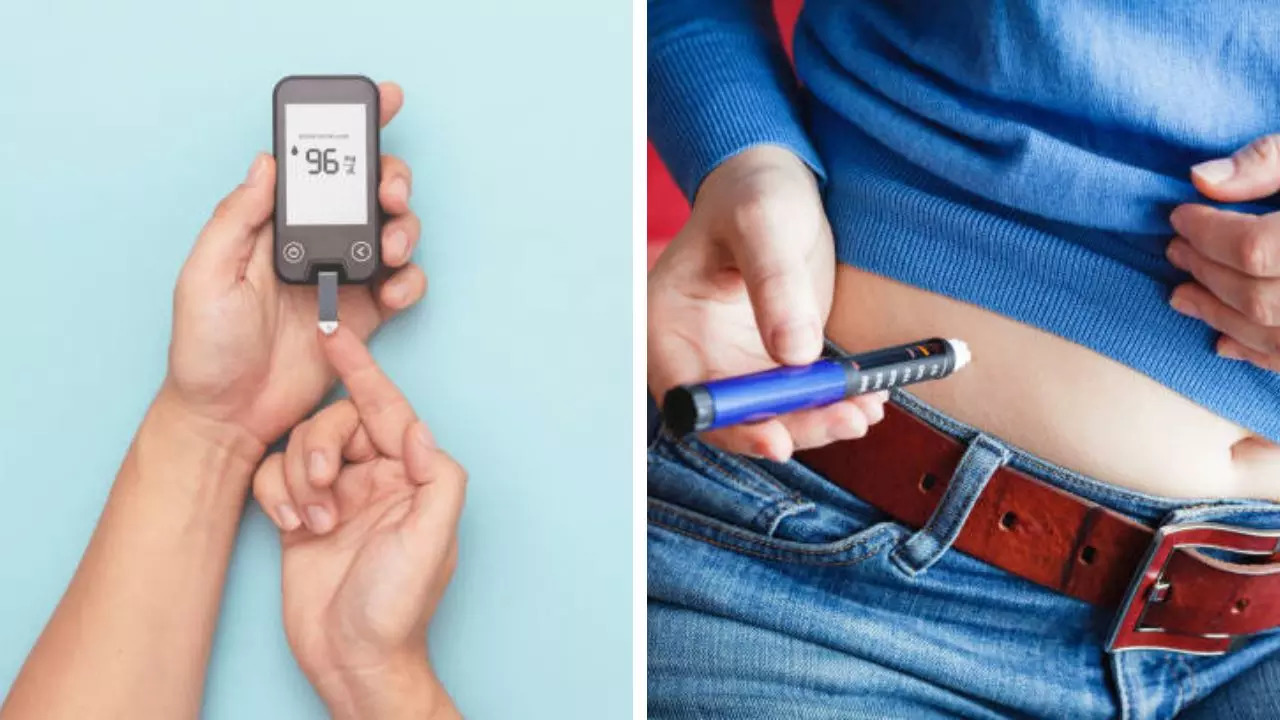86 of the study participants used recellularization through electroporation therapy, or ReCET, to improve the patient’s sensitivity to their insulin.
Diabetes treatment: More than 80 percent of people who have type 2 diabetes would no longer need to use insulin, according to a groundbreaking study. According to research by the Amsterdam University Medical Center, it could disrupt the lives of more than 500 million people estimated to be living with high blood sugar levels around the world.
The two-year study says that 86 percent of those who participated in the two-year study used a procedure known as Recellularization through electroporation therapyor ReCET, which improves the patient’s sensitivity to insulin, addressing the main reason behind the disease. Scientists say ReCET does not require compliance, unlike other drug therapies that require daily medication compliance.
The study, led by Dr. Celine Busch and recently presented at the United European Gastroenterology Week conference in Vienna, included a small group of 14 participants between the ages of 28 and 75, who were monitored for 24 months.
How was ReCET used to improve insulin sensitivity?
According to Dr. Busch, electroporation, an endoscopic operation that applies controlled electrical pulses to “create small, irreversible holes in cell membranes,” was used on the participants to facilitate the introduction of DNA into cells. It was made to help improve the body’s sensitivity to insulin.
Dr. Busch said the treatment was shown to improve the body’s sensitivity to internally produced insulin, but the exact mechanism behind this has not yet been fully understood. After endoscopy, participants followed a strict isocaloric liquid diet for 14 days and then began weekly treatment with semaglutide to control blood sugar levels.
Dr. Bush and his team monitored data at six and 12 months to follow up on all participants and deduced that 12 of 14 did not require insulin therapy. Furthermore, they didn’t need it even after 24 months. The team said no serious adverse effects were reported and only one patient was informed of the side effects of semaglutide, due to nausea.
Researchers say ReCET is a safe procedure for type 2 diabetes
Dr. Busch said the final results suggested: “ReCET is a safe and feasible procedure that, when combined with semaglutide, can effectively eliminate the need for insulin therapy.” He added: “Unlike pharmacological therapy, which requires daily medication compliance, ReCET does not require compliance, which addresses the critical issue of continued patient compliance in the treatment of type 2 diabetes,” he continued.
Dr. Busch and her team will now conduct larger trials to validate the findings of this study.
Disclaimer:
The information contained in this post is for general information purposes only. We make no representations or warranties of any kind, express or implied, about the completeness, accuracy, reliability, suitability or availability with respect to the website or the information, products, services, or related graphics contained on the post for any purpose.
We respect the intellectual property rights of content creators. If you are the owner of any material featured on our website and have concerns about its use, please contact us. We are committed to addressing any copyright issues promptly and will remove any material within 2 days of receiving a request from the rightful owner.

